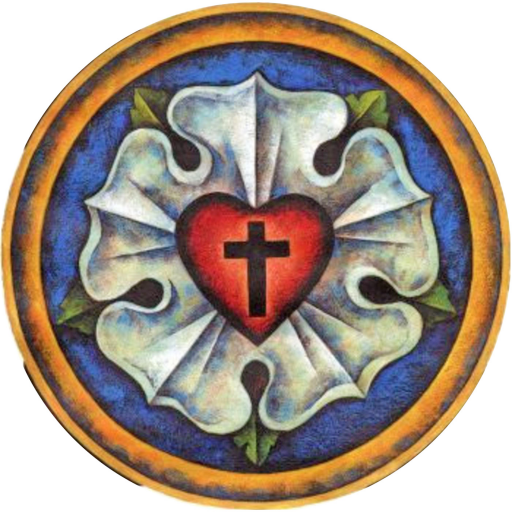Nicolaus Copernicus waas born on February 19, 1473, in the city of Thorn, in Royal Prussia, part of the Kingdom of Poland. While he was born to a family of means, his brother Andreas became an Augustinian priest, and his sister Barbara became a Benedictine nun and prioress. His other sister, Katharina, married a prominent businessman and politician. Copernicus himself never married or had children. Both parents died when Copernicus was still young, and his uncle, Lucas Watzenrode the Younger, continued to care for him and his siblings, seeing to their educations and careers.
Watzenrode was the Bishop of Warmia, and exercised a great deal of political and religious power. He sent both of the Copernicus boys to study at the Krakow Academy, and in Italy. Due to his power and connections, he saw to Copernicus becoming a priest at Frauenberg Cathedral, in northern Poland. Through his studies, Copernicus learned mathematics, astronomy, and Aristotle’s philosophy while in Poland, and canon law while in Italy. Along the way, he also finished a course of study in medicine, and served as Watzenrode’s personal physician later in life.
The political landscape of Copernicus’ time had been filled with conflict. The Thirteen Years’ war had recently ended, with the Kingdom of Poland and the Prussian Confederation fighting against the Teutonic Order for control of the region. By Copernicus’ time, soverignty had been restored to Poland. Yet, the Teutonic Knights continued to wage raids against individual cities. One of Copernicus’ residences was actually destroyed in one of these raids, destroying his astronomical instruments. Throughout his life, he served eccleiscally and politically, and yet found time to continue his astronomical research and writing.
Copernicus’ major work was On the Revolutions of the Celestial Spheres, regarded as the starting point of modern astronomy, and the beginning of the scientific resolution. In this book, he explained his heliocentric model of the universe, placing the Sun at the center, and explaining the observed motion of celestial objects with respect to a moving Earth. As news of this theory spread, Protestants were the first to react. Melanchton himself wrote that:
Some people believe that it is excellent and correct to work out a thing as absurd as did that Sarmatian [i.e., Polish] astronomer who moves the earth and stops the sun. Indeed, wise rulers should have curbed such light-mindedness.
Once Copernicus had initially completed his manuscript, he was urged to openly publish it. But, he hestitated, fearing criticism by his peers. At the same time, his theories were spreading through lectures, and the Catholic Church was interested to learn more. It is interesting to note that Copernicus dedicated his masterpiece to Pope Paul III, possibly indicating a fear of religious objection. In the end, the Church did not present any serious opposition to heliocentric theories until Galileo’s lifetime, in the 1600s. Hence, Copernicus lived a life of intellectual vigor and freedom, both within the Church and without.
The ELCA and the Episcopal Church both commemorate Nicolaus Copernicus. As I began investigating his life, I found myself wondering why he would be commemorated. It is easy to find a wealth of information about his scientific work, and his service as politician and priest, but difficult to learn about his spirituality or devotion without serious and time-consuming research. How do we find inspiration from Copernicus as followers of Jesus?
It occurs to me that Copernicus is teaching us about vocation – the experience of hearing and responding to God calling us to serve the world. While he experienced popularity and success in his lifetime, he could not have known that he was laying the groundwork for modern science and the scientific revolution. He was a politican and a priest, an administrator and a part of the religious system. Astronomy was his avocation – his private passion and interest. We can relate to him when we think about our jobs, our passions, and wonder how they fit together. We can discover more of the gifts and talents with which God blesses each of us, but not realize the extraordinary impact and legacy they will leave for the sake of the world. By all accounts, he found ways to incorporate all of his talents in a life of service and discovery, serving both the Church and the unchurched of the world. Copernicus teaches us that all of our passions and talents are useful to God’s world, even when we may not see God’s need for them. We have freedom to serve and to strive without the guilty question of what makes God happiest. It’s out of our hands. And, we can embrace ourselves as diverse, complicated, blessed people learning to walk wet in the waters of our Baptism.
